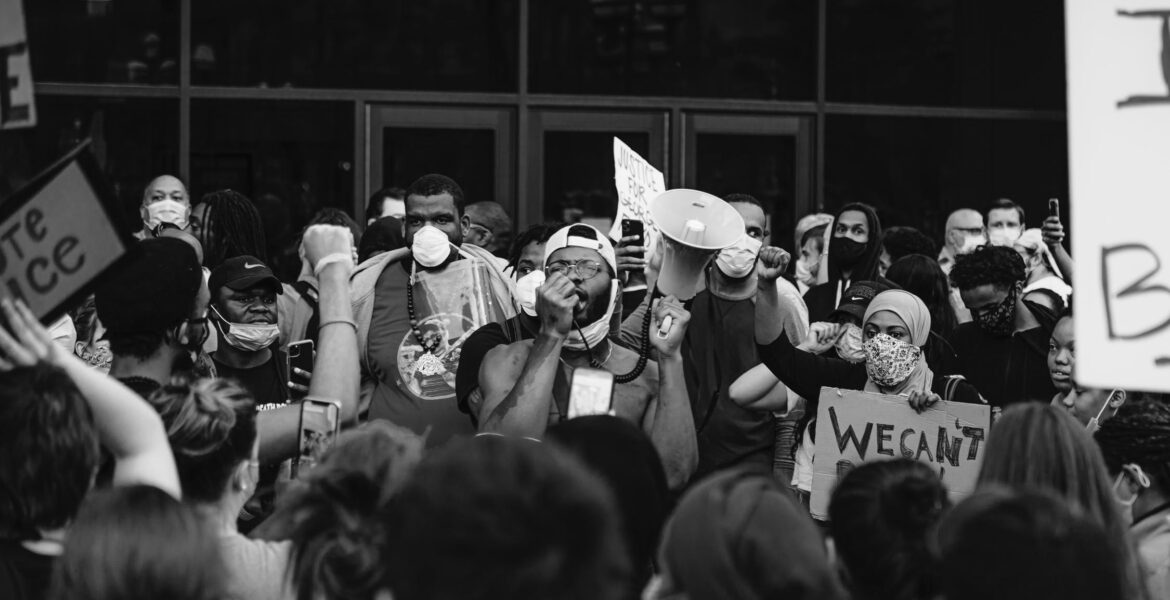UN report finds a raft barriers that marginalised Batswana face
RORISANG MOGOJWE
Marginalized groups exist nearly everywhere. They are people who, for whatever reason, are denied involvement in mainstream economic, political, cultural and social activities.
Targeting or ignoring one group can ultimately affect the whole society. According to the United Nations, unless all people benefit from development gains, SDGs will remain a distant dream.
The UN Botswana Common Country Analysis (CCA), which explores inequality from social, economic and environmental perspectives with a focus on various exacerbating factors such as gender, income, health and residence status, has found that in Botswana, despite economic growth and many development advances, the country is one of the most unequal in the world.
UN Botswana Resident Coordinator Zia Choudhury notes in the report: “Even as we note that rapid and phenomenal national growth has been accompanied by vast and well intentioned development investments for the people, we must also recognise that a significant proportion of the population live in immensely challenging circumstances.”
The marginalised and vulnerable populations, including women and children, youth, the rural poor, the elderly, indigenous people, people with disabilities and the LGBTIQ community, continue to struggle with high levels of poverty and inequality.
The LGBTIQ community
In June 2019, Botswana decriminalised homosexuality, with the High Court overturning a colonial-era law that punished gay sex by up to seven years in prison. However, members of the LGBTIQ community in Botswana continue to face discrimination, which affects their access to healthcare and HIV prevention.

Lesbian, Bisexual and Transgender (LBT) women experience limited access to health care services, including sexual and reproductive health services. Transgender people are unable to access identity documents that reflect their gender identity, with most health services for transgender people being provided by civil society organisations.
The CCA report says “there are documented cases in which identity document barriers have resulted in delays in accessing health care, and where access was impeded when health workers called the police after transgender persons presented identity documents that did not reflect their gender identity”.
LeGaBiBo spokesperson Bradley Fortuin says while the landmark case that saw Botswana strike down laws that criminalise same sex sexual acts was a major step in the right direction, and as much as policies are slowly becoming progressive, societal attitudes remain behind. He calls for laws that criminalise hate crime in order to protect LGBTIQ people from physical and sexual violence and being killed because of their sexual orientation, gender identity and how they express themselves.
People with disabilities
Botswana is signatory to international human rights treaties and key regional human rights instruments. This means Botswana has a large body of laws that specifically deal with human rights, including the rights of PWDs. However, it has proven challenging to mainstream these policies effectively.
Studies indicate that PWDs in Botswana are not always treated as autonomous persons, and that they reported to have been treated with indignity at health facilities and discrimination across the board.
Board Chairperson of the Botswana Council for the Disabled, Dickinson Baotlhayi Samaemo, says physical access to premises, lack of information in braille and limited Sign Language interpreters as well as societal general beliefs and attitudes are some of challenges faced by PWDs.
“Issues of people with disabilities require public education and awareness, especially in the rural areas, and we stand ready to sensitize people. However, we do not have the resources to embark on public education campaigns,” says Samaemo.
He lamented that PWD issues are also low on the government’s agenda.
Women
Batswana women, especially poor, rural women, face unequal access to productive resources and markets, as well as harmful social and cultural norms that place them at greater risk of violence and sexual exploitation and diminish their political participation.

